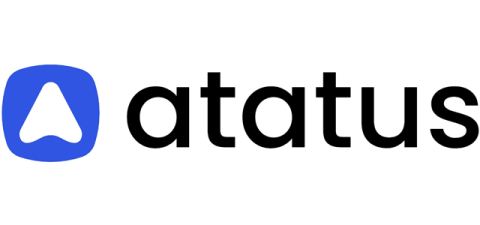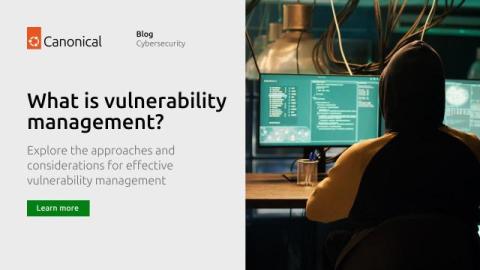Subaru Cars Have A Massive Security Vulnerability
Security researchers found a massive flaw in Subaru’s remote vehicle system—hackers could unlock and track cars easily. The culprit? Homemade authentication protocols. Lesson: Don’t DIY security. Use trusted, third-party solutions. What do you think Subaru should have done differently?











